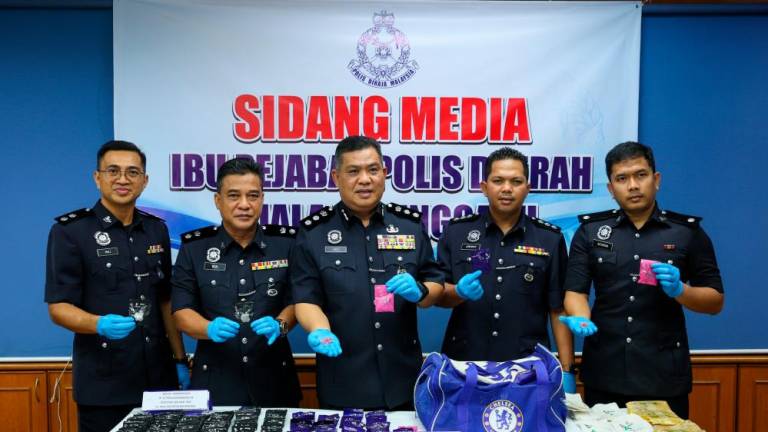PETALING JAYA: Citizens Against Enforced Disappearances (Caged) today released a statement criticizing the current state of the IPCMC Bill.
Making reference to expectations from civil society organisations (CSO) as well as the Royal Police Commission in 2005, Caged highlighted four key aspects that are currently lacking from the proposed legislation.
Wrong Model
The current IPCMC Bill which is expected to be tabled next week by Minister in the Prime Minister’s Department Datuk Liew Vui Keong isn’t the first of its kind. A similar law was proposed in 2005 to provide for checks against the law enforcement powers of the police, but due to objections by members of the police force the bill was scrapped.
Following that, a commission was suggested with lesser powers now known as the Enforcement Agency Integrity Commission (EAIC) was established.
Caged stated that the current EAIC model would not be one that’s recommended, and pointed towards the MACC model.
“Civil society recommends the MACC model in which commissioners are not persons who meet occasionally, but officers with police ranks who are always on duty, have evidence rooms and holding cells. If armed (MACC) officers are needed to investigate corruption, why should (IPCMC) officers with less power be assigned to investigate grievous injuries and deaths?” Caged said in a statement today.
Non-negotiables
Caged singled out two flaws in the proposed IPCMC bill, namely the powers to seize evidence without warrant and hold inquiries, as well as the members who would conduct investigations concerning deaths and injuries in police custody.
“The IPCMC cannot have less power than the EAIC. We note that the EAIC has power to seize without warrant and has specific provisions to hold public inquiries, but these powers are not bequeathed to the IPCMC,” it said.
“Grievous hurts and deaths in police custody must be investigated and decided upon by persons who are not retired or serving police officers.”
Bogeyman
Caged said the proposed IPCMC would be nothing more than an “imaginary enemy”, as it resembles a “disciplinary commission”, instead of being an investigative commission.
It says based on its studies, police commissions usually do not have discipline boards, but instead make recommendations to already established police disciplinary commissions.
Caged stated that support will only be given to the bill, if the investigative powers of the IPCMC is enhanced and the police’s disciplinary board data is published quarterly.
Secrecy and interference with criminal procedural rules
Given that the current Criminal Procedure Code which was enacted in 1935 already has provisions concerning deaths in police custody, Caged highlighted that if the EAIC were to investigate such matters, the agency would interfere with already established procedural rules — as it currently dictates that such matters are to be handled directly by the coroner.
In addition to that, Caged pointed out the fact that evidence collected by the EAIC with regards to death inquiries are kept secret and would hinder the victim’s family from seeking civil redress.
“We do not know what the IPCMC (November) bill says. We can only say that if it does not have (1) powers similar to that of the MACC, (2) if it does not force independent investigation of death and grievous hurt in custody, and (3) if it ends transparent, public coroners inquests, it is not the IPCMC promised in the Pakatan GE14 manifesto. MPs must reject it,” Caged stated in a press release today.













